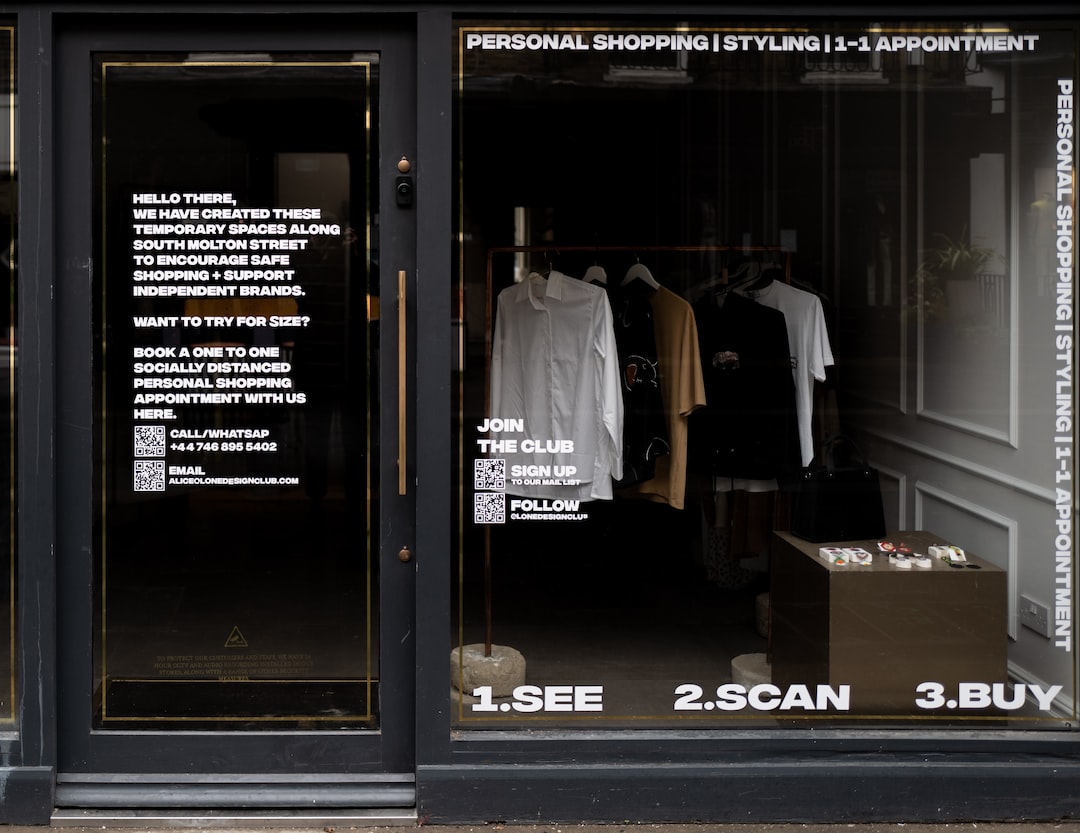The Power of Personalization: Customizing Customer Experiences in eCommerce
In today’s fast-paced digital world, customers have come to expect highly personalized experiences. With the rise of eCommerce, businesses have found a new channel to reach their customers and provide tailored experiences that meet their individual needs and preferences. This power of personalization has proven to be a game-changer in the eCommerce industry, driving customer satisfaction, loyalty, and ultimately, business success.
One of the key benefits of personalization in eCommerce is the ability to deliver targeted recommendations and relevant product suggestions to customers. By analyzing customer data, such as purchase history, browsing behavior, and demographic information, businesses can gain valuable insights into the preferences and interests of their customers. Armed with this information, they can create personalized product recommendations that are more likely to resonate with customers and drive conversions.
For example, imagine a customer visits an online fashion store and purchases a pair of jeans. Using personalization techniques, the store can analyze this customer’s browsing and purchase history to determine that they have a preference for a particular brand, style, or size of jeans. In their next visit, the customer is shown recommendations for similar jeans or complementary items such as a matching top or accessories. This personalized experience not only enhances customer satisfaction but also increases the chances of repeat purchases.
Furthermore, personalization can also extend to the website or app interface itself, providing a unique and tailored experience to each customer. By capturing and analyzing data, businesses can understand how customers navigate their website, what content or products they engage with the most, and what actions they take before making a purchase. With this information, businesses can optimize their website or app to show personalized content and offers that are most relevant to each customer.
For example, a customer who frequently purchases skincare products may be shown a personalized landing page with new skincare arrivals, skincare tips, and exclusive offers. On the other hand, a customer who frequently purchases sporting goods may see a different landing page that highlights the latest sports equipment, training guides, and promotions. This level of personalization not only enhances the user experience but also helps businesses drive engagement and conversions.
Another powerful application of personalization in eCommerce is through personalized email marketing campaigns. Email remains a highly effective marketing channel, and when used strategically, personalized emails can drive higher open rates, click-through rates, and ultimately, conversions. By segmenting their customer database based on various criteria such as purchase history, interests, or location, businesses can create personalized email campaigns that deliver the right message to the right person at the right time.
For instance, a customer who frequently purchases books may receive personalized emails with recommendations of new releases in their favorite genre, exclusive discounts on their preferred authors, or invitations to book signing events in their area. This level of personalization makes customers feel valued and understood, increasing their loyalty towards the brand.
However, personalization in eCommerce must be approached with caution. It is important for businesses to ensure that customer data is collected and used ethically and transparently. Customers should have control over their data, be able to opt-out of personalized experiences if they choose to, and have confidence that their data is protected.
In conclusion, the power of personalization in eCommerce cannot be understated. By leveraging customer data, businesses can create tailored experiences that meet the individual needs and preferences of their customers. From targeted product recommendations to personalized interfaces and email campaigns, personalization enhances customer satisfaction, loyalty, and ultimately, drives business success in the highly competitive eCommerce landscape. As technology continues to advance, businesses must embrace the power of personalization to stay ahead and meet the ever-evolving demands of their customers.


